Posts
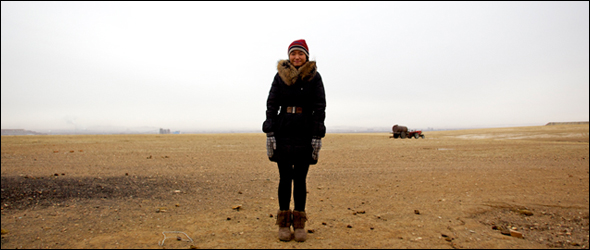
Energy Economy Brings Change to Shepherd Life: Modernization Comes to the Dry Grasslands of Inner Mongolia
0 Comments
/
Along the vast frozen grasslands, 23-year-old Wu Yun and her father, Bao Zhu, tend their flock of sheep and cattle. Just over the ridge, the northern city of Xilinhot is booming as the coal industry continues to expand. But it will take a lot of water to feed both the city and the mining.
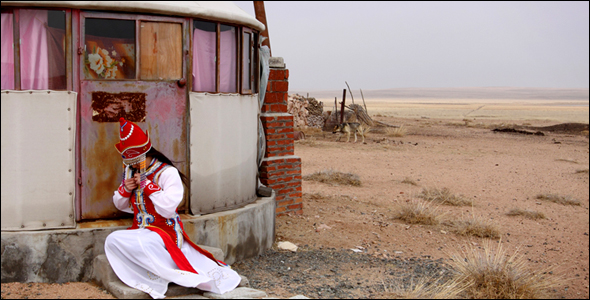
Desert’s Stronger Grip Shakes Inner Mongolia
Circle of Blue revisits seas of dying grass and blowing sand in northern China.
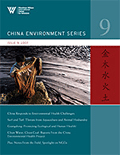
“Reign of Sand” featured in China Environment Series
Furious dust and sandstorms from Inner Mongolia cripple airports,…

Video: Blackwater: Man Vs. Mill
Dianhua Paper Mill discharged wastewater into a lagoon, killing sheep, sickening people, and damaging grasslands.
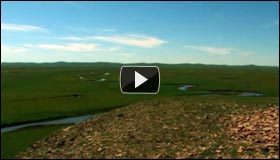
Video: Desert Overtaking Inner Mongolia
Changes in patterns of precipitation in an already parched region, leading to severe shortages of freshwater.

Video: Reign of Sand
The blowing sand in Inner Mongolia is more evidence of the consequences of the duel China fights as it promotes rapid industrial development.

Video: Looking Out on My Homeland
Traditional nomadic culture on the steppes of Inner Mongolia was defined by the insistence of wind, herding, and the search for water.
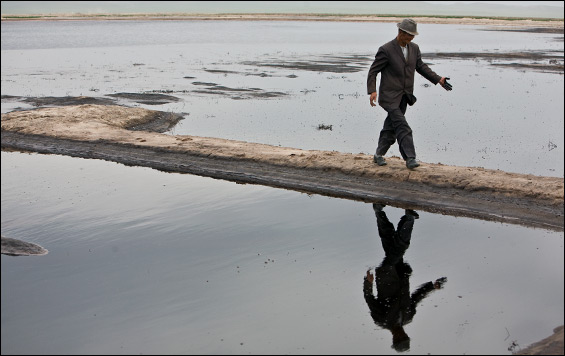
Blackwater: Rare Court Victory in Pollution Case
Dianhua Paper Mill discharged wastewater into a lagoon, killing sheep, sickening people, and damaging grasslands.
A Track to Modern Nomads
East Umchjin County, near the border with Mongolia, a place renowned for what Chinese scientists call "typical grasslands.
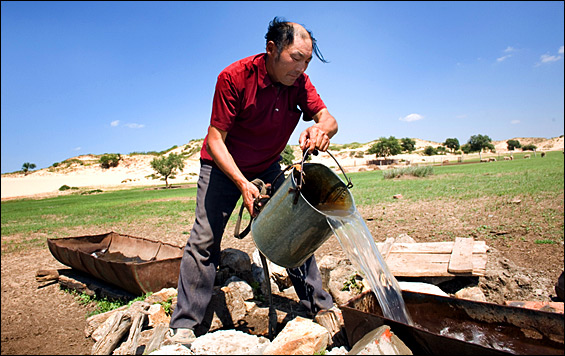
Drinking Milk Tea
An Inner Mongolia herder, confined by the government to a small pasture for his animals, is nevertheless more fortunate than some.
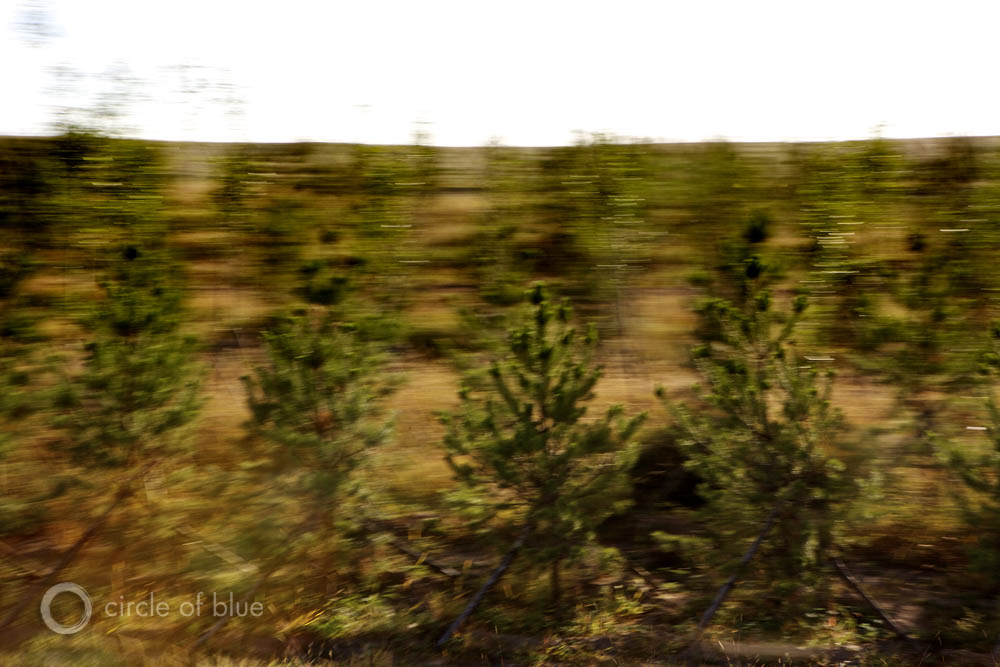
A Vast Chinese Grassland, a Way of Life Turns to Dust
600 miles north of Beijing the whole of the largest contiguous grasslands on Earth opens to the horizon.
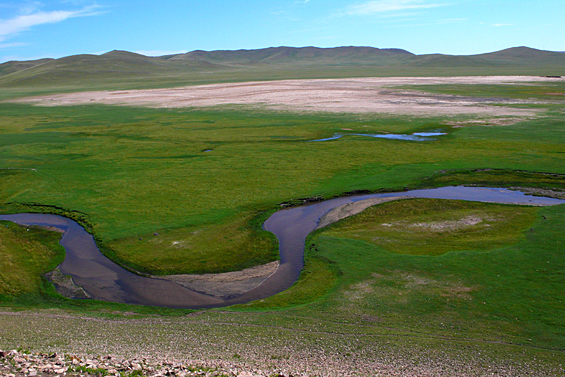
Photo Gallery: Reign of Sand in Inner Mongolia
Dust and sand storms, along with the growing expanses of extremely dry and eroding grasslands and desert from which they are born, threaten the livelihoods of 400 million Chinese.


